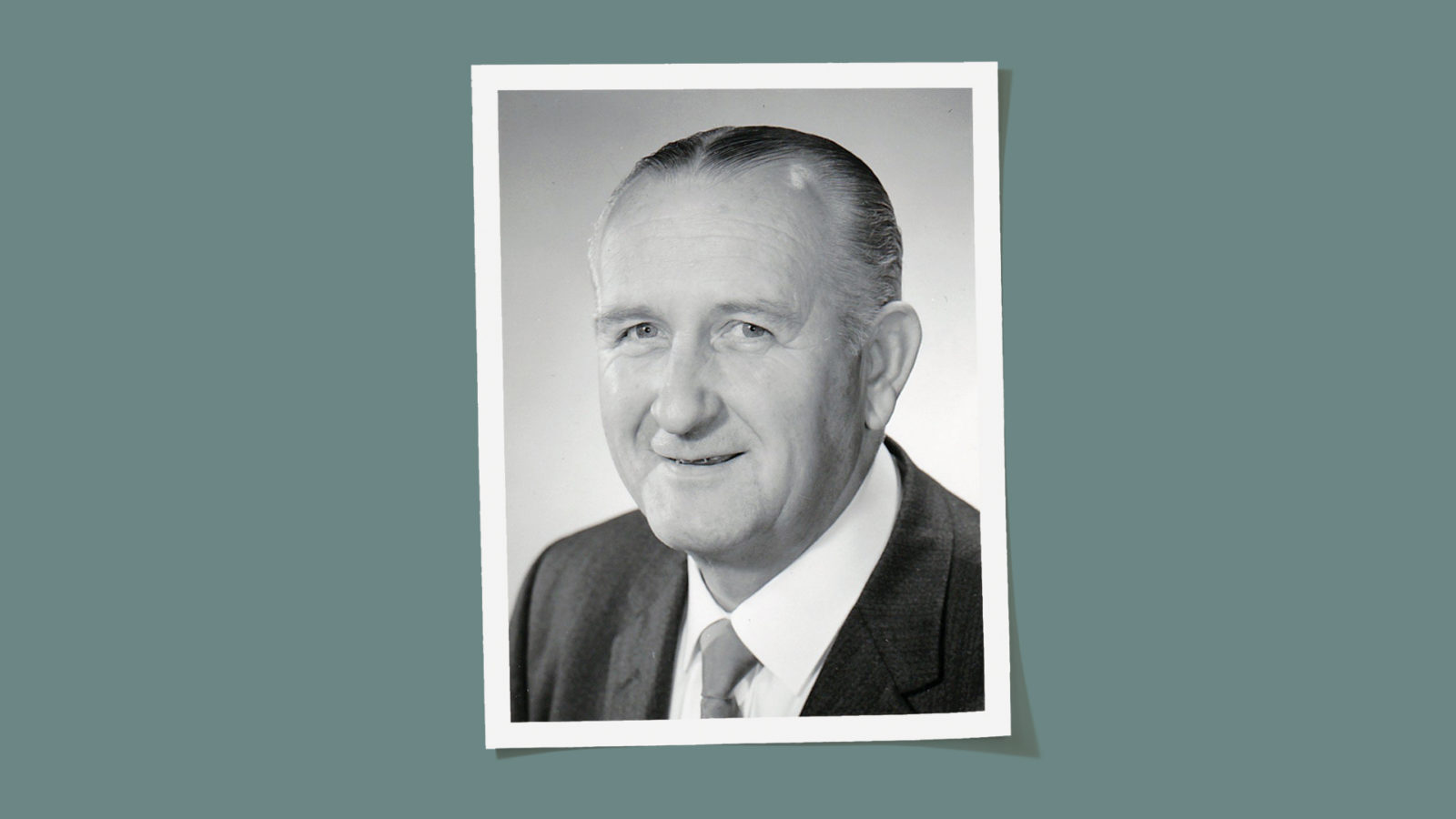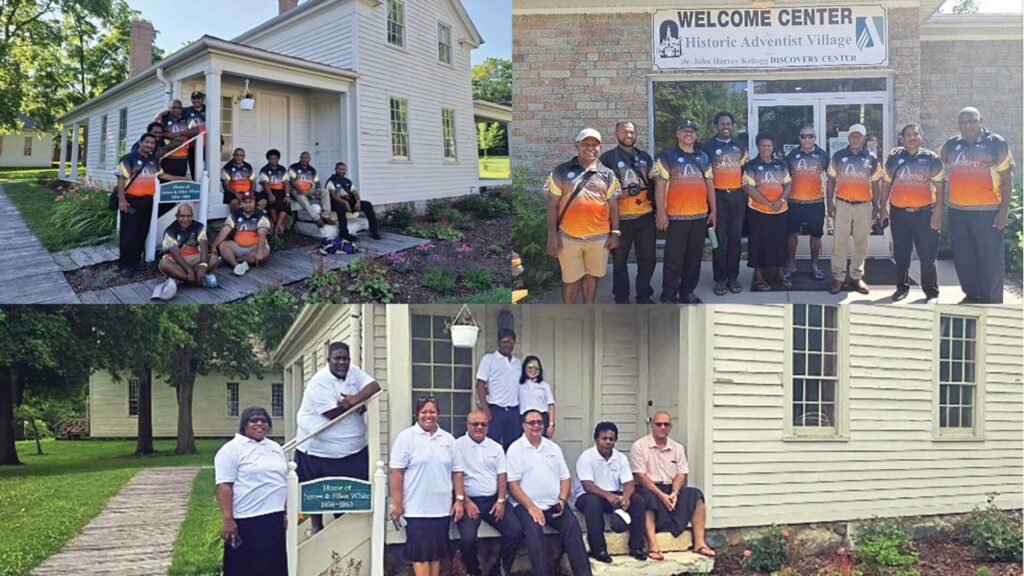Francis (Frank) Cecil Craig was born on March 25, 1920, the second son of Cecil Albert and Lily Thompson Craig.
After graduating from the two-year business course at Avondale College in 1937, Frank began working for the Sanitarium Health Food Company (SHF) in 1938, making Weet-Bix and Granose biscuits the old-fashioned way in the factory at Warburton (Vic).
Frank married Freida Rabe on August 5, 1941 and in the years to come they had three children: Jeanette, Alan and Ron.
Just four months into their married life together, Frank was called up into the Australian army. He served as a non-combatant on the front line, working as an operating theatre assistant with the 7th Field Ambulance. Three of his four years of service were in high conflict zones, including Milne Bay, Bougainville, Lae, Nassau Bay and Salamaua in Papua New Guinea.
Sometimes just 600 metres from enemy lines, living in swamps and trenches, Frank was known as a man of prayer. When the sound of air raid sirens signalled the need to get into their slit trenches, Frank’s war-weary friends were often heard to say, “Let’s get in with Franky . . . he prays.” Not at all unusual for the time, Frank did not get to meet his infant daughter, Jeanette, until she was 18 months old.
At the end of the war, economic conditions in Australia were difficult as the country made the transition back to a peacetime economy. Wartime government contracts were cancelled and many, particularly women, lost their jobs while at the same time thousands of servicemen were being discharged and seeking civilian employment. Once demobilised from active military service, Frank asked if he could return to his career with SHF and as a result was employed as an accountant in the Brisbane office, for which he was very grateful.
By August 1952, Frank was an assistant manager for SHF in Sydney before becoming the New Zealand manager in February 1959, a position he held until he transferred back to Sydney in October 1966, this time as the factory manager there. At the end of 1970 Frank moved to the SHF head office as the assistant secretary. A year later, Frank became the secretary (manager) for SHF, remaining in that role until poor health prompted his early retirement in June 1982.
There were many notable men who made the SHF what it is today. Following on from the legendary George Fisher, who consolidated the company into a successful business, were individuals like George Chapman, Carl Ulrich, Andrew Dawson, Bertram Johanson, Wilfred Kilroy and Frank Craig, who was then followed by Cameron Myers. Together, these men took the company through many difficult and challenging times. They navigated their way through the Great Depression of the 1930s, successfully expanding the business while their competitors were failing and going to the wall. They led through the difficult years of World War II when resources were scarce—fuel, vehicles and new machinery were almost impossible to obtain. Because of the chronic fuel shortages, making transportation difficult, factories were established in every state. Post-war growth saw a new generation of leaders working to maintain and equip an updated network of larger but, in time, fewer factories to meet new demands and market forces. When the Plant Development Division of the company wanted to introduce computers to the company’s production lines, many in SHF leadership positions were initially reluctant to consider this new and expensive electronic automation. However, the new equipment soon proved its worth and permission was given to advance and innovate further, so a more robust and productive manufacturing environment could be developed to meet increasing retail demand. With Frank’s continued input, the Sanitarium head office and the South Pacific Division combined in 1975 to select Datapoint to supply and install a major computer network. This bold move successfully streamlined both the SHF and the Church’s operational needs, moving both organisations into the age of silicon chips, gigabytes and online communication.
Frank was widely respected for his leadership, encouragement and mentoring. He saw the SHF as “a work of God’s devising” and a very real gift to the Church. He showed great courage and fortitude when it was needed in difficult times. He never carried a grudge and believed in his people. In all, Frank gave 44 years of denominational service, which, by denominational policy, included credit for his four years in the army.
Frank’s life was totally immersed in “the Company” and he reluctantly took early retirement after a long and difficult illness associated with the prolonged use of malarial medications during his war-time service in Papua New Guinea. Frank died of renal failure on August 15, 1983.
Lester Devine is director emeritus of the Ellen G White/Adventist Research Centre at Avondale College of Higher Education.






